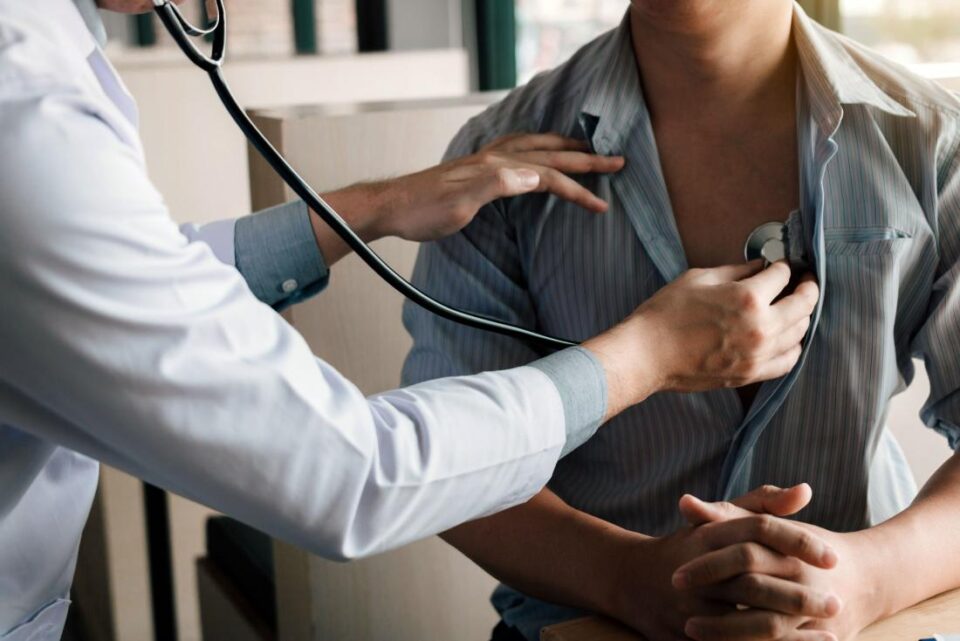Who says you have to wait until you develop unusual symptoms and get sick before you can see your doctor? Seeing a doctor every once a year can help detect health issues and treat them before complications begin. You can schedule your annual physical exams – Midwood to undergo an assessment of your overall health.
During your physical exam, your doctor may check the basic functioning of your body organs and discuss recent concerns. You can receive treatments for any health symptoms and conditions you live with during your exam. Below is a discussion of what you should know about a physical exam.
What Will Be Included In Your Physical Exam Checklist?
During your physical exams, your doctor may check your skin, ears and eyes, nose, mouth, heart, and lungs. Your doctor may examine your abdomen by palpitations and your feet for any unusual discomfort symptoms, especially if you have pain. Additionally, your doctor may assess your mental health and wellness and check your nervous system.
Your checklist may also include exams depending on your gender. For a female, you may need breast and pelvic exams. On the other hand, if you are male, you may need exams for your prostate and genitals.
What Is The Purpose of A Physical Exam?
Physical exams check your general health and look for underlying medical conditions. Your doctor may then make recommendations on how you can maintain good health. You can receive immunizations and vaccines during your physical exam and update your schedule.
Additionally, a physical exam may be the time to ask questions and raise concerns about your health. You can tell your doctor about uncomfortable and disturbing symptoms you may be experiencing currently. Then your doctor will verify if you are healthy enough to do your regular activities.
What Can You Expect During Your Physical Exam?
Your exam may begin with questions on how you are feeling, current symptoms, and questions concerning your health. Next, your doctor will measure your weight and height and check your vital signs. Vital signs include your blood pressure, pulse, temperature, and heart rate and can indicate the onset of medical conditions.
Afterward, your doctor will review your medical history, including current medications, supplements, and vitamins. You can discuss your medical care preferences, including a living will and a DNR status. Lastly, your doctor will review your health concerns and address your symptoms.
What Can Happen After A Physical Exam?
Following a physical exam, you can resume your normal day while waiting for your results. Your doctor will pinpoint areas of concern and may refer you to a specialist in special cases. You may even require additional tests to help understand your symptoms.
You may require another appointment to monitor your results and ensure you are in good health. If your doctor notices anything affecting your general wellness, you may require a follow-up appointment to address your concern. You can talk to your doctor about concerns about your results after a physical exam.
Usually, your doctor recommends going for a physical exam every year. A physical exam helps you stay as healthy as possible by giving a complete picture of your health. Therefore, a complete exam helps to deal with health concerns you know and do not know about.
If your doctor notices anything unusual during your physical exam, you may need treatment sooner than waiting another year. Your doctor may recommend more tests to understand your symptoms and their cases. Depending on your health needs, you may require a specialist’s care.

